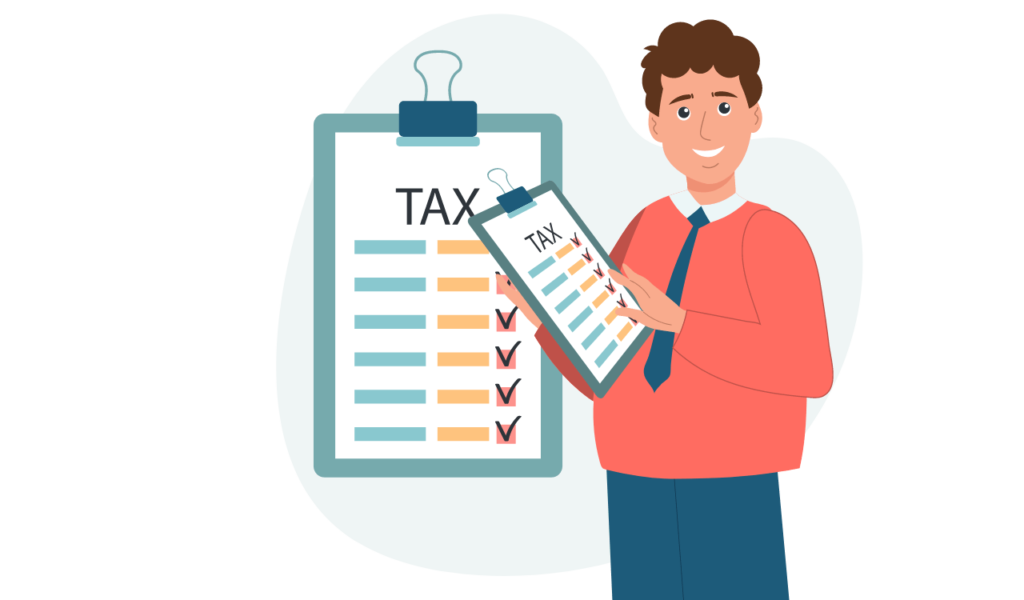F.A.Q.
FAQ on Filing of Income Tax Return
Income Tax Return or ITR is a prescribed form through which the details of income earned by a person in a financial year and taxes paid on such income are reported to the Income Tax Department. Different types of ITR forms are prescribed for filing income tax returns for different taxpayers and Natures of income.
Under the Iincome tax Law, different types of ITR forms are prescribed for different classes of taxpayers. A list of ITR forms applicable for filing of return of income for the assessment year 2020-21 (i.e., the financial year 2019-20) is mentioned above.
ITR forms are attachment-less forms. Hence, a taxpayer is not required to attach any documented proof of investment, TDS certificates, form16, etc.) along with the return of income (whether filed manually or filed electronically).
The Income-tax Department maintains the database of the total tax paid by the taxpayer (i.e., tax credit in the account of a taxpayer).
Form 26AS is an annual statement maintained under Rule 31AB of the Income-tax Rules disclosing the details of tax credit in his account as per the database of the Income-tax Department. In other words, Form 26AS will reflect the details of the tax credit appearing in the Permanent Account Number of the taxpayer as per the database of the Income-tax Department. The tax credit will cover TDS, TCS, and tax paid by the taxpayer in other forms like advance tax, Self-Assessment tax, etc.
Income-tax Department will generally allow a taxpayer to claim the credit of taxes as reflected in his Form 26AS.
Recently, Scope of Form 26AS has been expanded w.e.f. 01-06-2020.
New Form 26AS is divided into two(2) parts. Part A contains certain basic information of the assessee, i.e., Permanent Account Number, Aadhaar number, Name, date of birth/Incorporation, Mobile number, Email address and address. Part B contains the information in respect of the following transaction:
a) Information relating to tax deducted or collected at source;
b) Information relating to Specified Financial Transactions (SFT);
c) Information relating to payment of taxes;
d) Information relating to demand and refund;
e) Information relating to pending proceedings;
f) Information relating to completed proceedings; and
g) Information received from any officer, authority or body performing any functions under any law or information received under an agreement referred under section 90 or section 90A or information received from any other person to the extent it may be deemed fit in the interest of the revenue.


